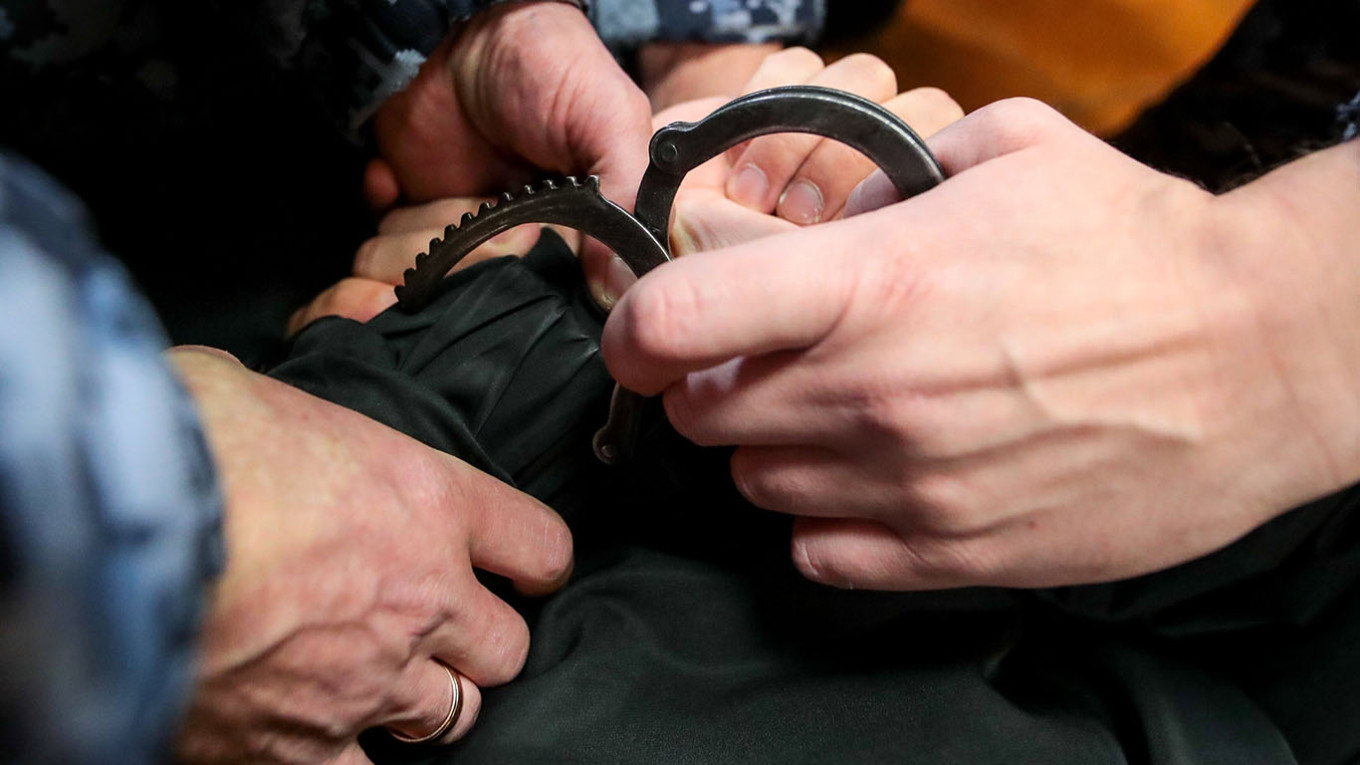On Monday, President Vladimir Putin authorized a series of legal reforms that enhance penalties for acts of sabotage, which have surged since the onset of the large-scale invasion of Ukraine.
These reforms lower the minimum age for prosecuting minors for sabotage or terrorism from 16 to 14. They eliminate the statute of limitations for crimes related to sabotage, prevent courts from issuing suspended sentences in these cases, and limit parole eligibility until at least 75% of a sentence has been served.
Furthermore, individuals attempting to recruit minors for sabotage or terrorist activities now face potential life imprisonment.
Last week, lawmakers passed the amendments with near-unanimous support, framing them as a protective measure against foreign intelligence agencies targeting Russian youth for recruitment.
However, some critics, including members of the Communist Party, cautioned that the new laws could lead to the criminalization of children rather than effectively preventing radicalization.
Vyacheslav Volodin, the Speaker of the State Duma, defended the reforms, describing them as “humane” and aimed at protecting minors from being ensnared in sabotage activities.
Since the full-scale invasion of Ukraine began over three years ago, Russian courts have condemned at least 158 minors on charges of terrorism and sabotage, including many cases involving arson at military recruitment centers and damage to railway infrastructure.
Law enforcement officials have noted that some teenagers were incentivized by payments from those behind the attacks.
Additionally, a growing number of minors have been sentenced to prison or juvenile detention for expressing opposition to the war.

